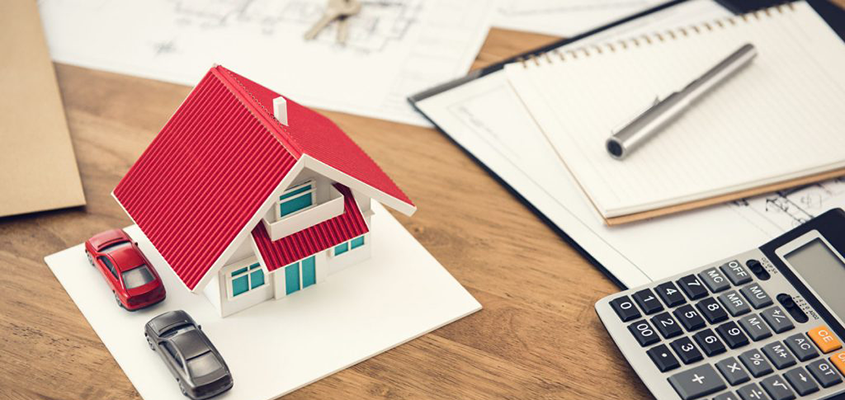When you have been long overwhelmed by debt, declaring bankruptcy can give you a clean start. Although bankruptcy affects your credit for a specific amount of time, this does not necessarily mean that you will lose your existing house or never be able to buy your dream home.
Types of Bankruptcy
So how long do you need to wait after bankruptcy before you qualify for a mortgage? Waiting periods vary from one to five years according to the circumstances of your bankruptcy. If you experience foreclosure following bankruptcy, the period you must wait will begin at the time of foreclosure.
Waiting periods are unavoidable, as bankruptcy makes lenders understandably reluctant to grant loans to individuals who have struggled with excessive debt in the past.
The USDA guidelines recognize three types of personal bankruptcy, Chapter 7, Chapter 11, and Chapter 13. Chapter 7 and Chapter 13 are by far the most common types of bankruptcy that individuals file for.
Chapter 7 Bankruptcy and Waiting Periods
This common form of bankruptcy comprises the liquidation of an individual’s assets and can be a suitable option for those without a steady income. If you successfully filed for Chapter 7 bankruptcy, you must sell all non-exempt valuables that you possess, such as any houses, properties, vehicles, or other assets.
After the USDA has discharged your bankruptcy, you will have to wait and build your credit for three years before you qualify for a mortgage loan.
Other lenders offer their own waiting periods. You may qualify for a VA or FHA loan after only two years, while conventional loans offered by lenders such as Freddie Mac and Fannie Mae are only available after a four-year wait.
Chapter 13 Bankruptcy and Waiting Periods
Compared to Chapter 7, you need not liquidate your assets if you qualify for a Chapter 13 bankruptcy. Chapter 13 may be a safer option for you if you have a steady stream of income and own a home you do not wish to lose. During a period that typically ranges from three to five years, you will pay your debts off without pressure from collection agencies.
With the payment plan offered by Chapter 13, you may qualify for an FHA or USDA loan after one year of payments if the bankruptcy court approves your claim. You are much more likely to receive a yes if extenuating circumstances such as unexpected loss of employment or illness caused your bankruptcy. If the court denies you a loan, you may have to wait for up to five years to get a mortgage.
You can qualify for a loan from a conventional lender after two to four years depending on whether you received a discharge or a dismissal.
Chapter 11 Bankruptcy and Waiting Periods
It is not common for an individual to file for Chapter 11 bankruptcy because of how expensive and complex the process is. Sole proprietors may file for this bankruptcy option because of the extra protection it offers, although individuals without businesses who owe a higher than average amount of money may also be eligible.
Like Chapter 13, Chapter 11 does not require the liquidation of your assets, although Chapter 11 differs in that you need not have a job to qualify.
Two years after discharge from Chapter 11 bankruptcy, you can qualify for an FHA loan. Other lenders may require you to wait at least four years before you can purchase a home.
Although it’s stressful to have no choice but to file for bankruptcy, this does not mean you have to give up your dream of owning your own home. To make the right choices for your unique situation, you may wish to speak to a professional mortgage advisor for personalized advice.

